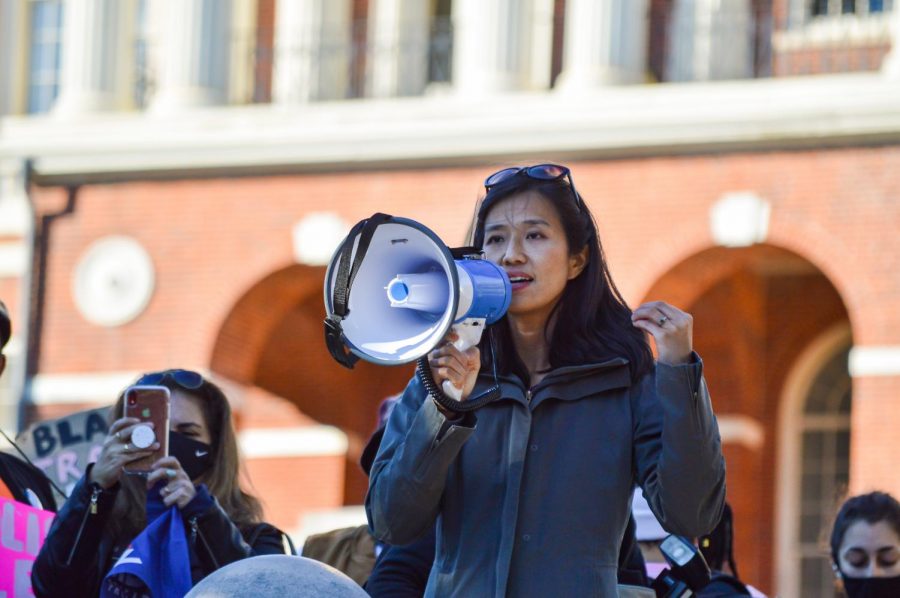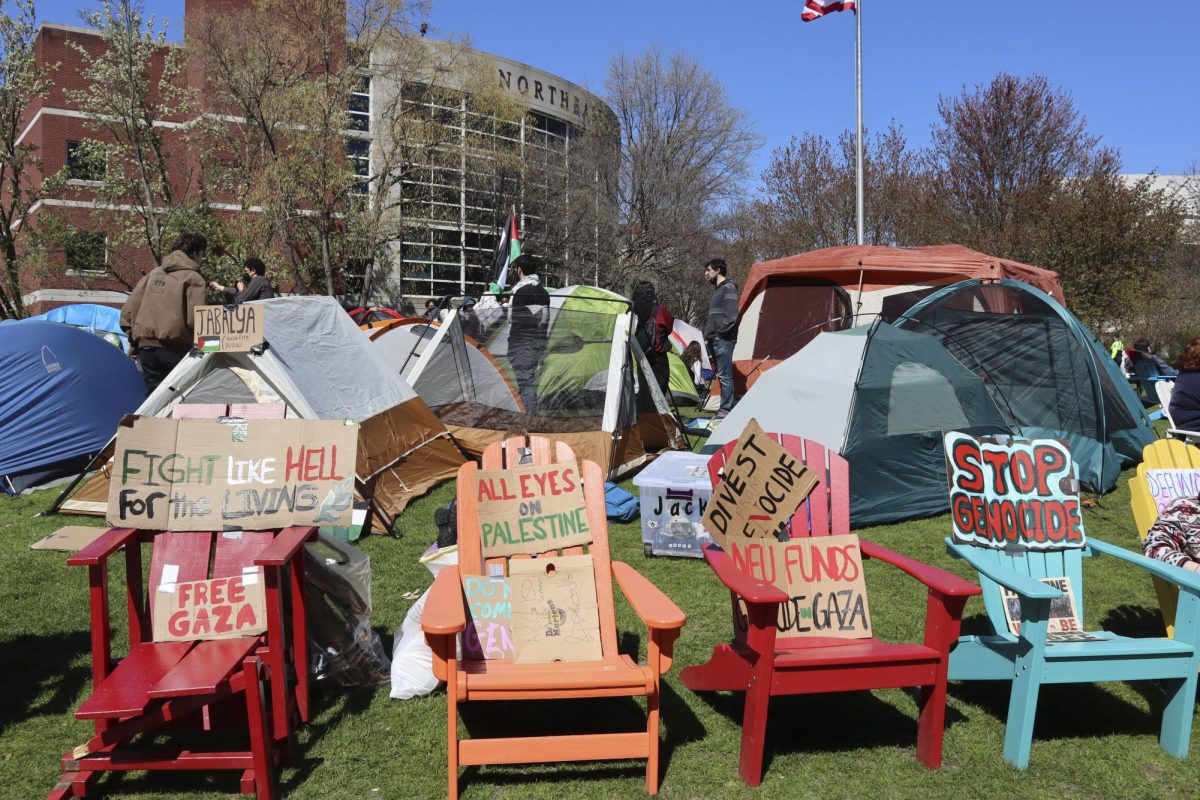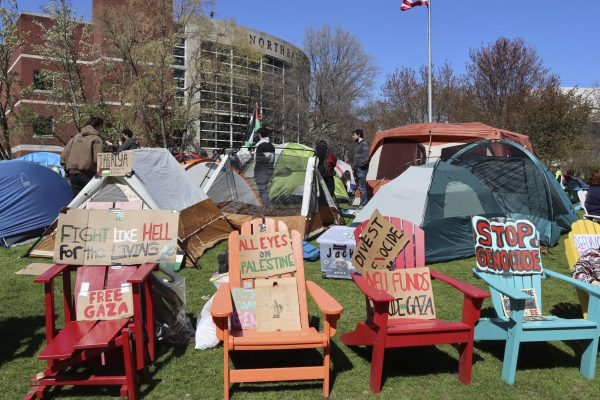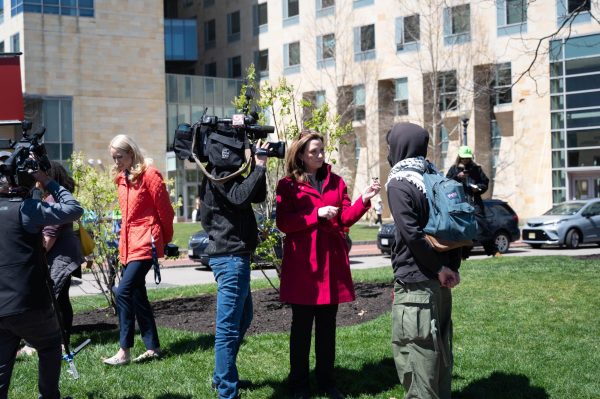What to know about Boston’s special election for mayor
City Councilor Michelle Wu has already announced her candidacy for the November mayoral elections. She would also be eligible to run in the special election if it happens.
February 5, 2021
Boston Mayor Marty Walsh’s appointment as labor secretary in President Joe Biden’s cabinet is likely to leave a rare, open mayoral race in a city where an incumbent mayor hasn’t lost in 72 years. The race will not only be complicated by a large field of candidates, but also by a provision in the city’s charter that calls for a special election should Walsh leave office before March 5. Here’s what to know about the possible special election:
Why would we need a special election?
On Jan. 7, President Joe Biden announced the appointment of Mayor Marty Walsh to serve in his cabinet as labor secretary. If Walsh is confirmed by the Senate and leaves office before March 5, the city’s charter calls for a special election within 120 to 140 days after Walsh’s departure. So far, there has been no news from Washington or Walsh’s office on when his confirmation hearing will take place.
Does a special election mean no election in November?
No. Even if Walsh leaves office before March 5 and there is a special election, the city will still hold a mayoral election in November as planned. The winner of the special election would only serve as mayor until January 2022, when the winner of November’s election takes office. Regardless of when Walsh leaves, City Council President Kim Janey will serve as interim mayor until the winner of the next election takes office (likely sometime this summer if there’s a special election, or next January if there isn’t one).
Who’s in the race?
Anyone eligible to run in a regular mayoral election in Boston would also be able to run in the special election. City Councilors Michelle Wu, Andrea Campbell and Annissa Essaibi-George have already announced their candidacy, and Councilors Michael Flaherty and Kim Janey are also said to be considering entering the race. Other city officials said to be considering a run are former Police Commissioner William Gross, Chief of Economic Development John Barros and Chief of Health and Human Services Marty Martinez. Some state officials are also considering entering the race, including Rep. Jon Santiago and Sen. Nick Collins. Those who run in the special election would still be eligible to run in November, including the winner of the special election.
However…
Multiple state and city officials have voiced support for skipping the special election should Walsh leave before March 5. Both the special election and the November election will require preliminary elections to narrow the field down to two candidates. Right now, it looks like the race will be crowded.
How could the city avoid a special election?
If Walsh is confirmed before March 5, the City Council can still opt to override the requirement for a special election. Earlier this month, City Councilor Ricardo Arroyo filed a home-rule petition proposing to override the charter’s requirement for a special election, citing the health risk to voters amid the pandemic; the financial burden such an election will place on the city; and the likelihood that such an election would exacerbate “existing inequities often seen in special elections that contribute to the disenfranchisement of immigrant, low-income, disabled, Black and Latinx communities,” who Arroyo said may be juggling multiple jobs or may face other barriers to voting.
The petition must be approved by a majority of the City Council and then signed by Walsh before it’s sent to the state, where it must be approved by the legislature and the governor. Gov. Charlie Baker has already indicated he intends to sign the petition if and when it reaches his desk. The state’s top election official Secretary of State Bill Galvin also voiced his support for the petition, saying that having multiple elections during the COVID-19 pandemic will cause confusion and more challenges for voters.
At a City Council meeting on Tuesday, a majority of Boston residents and activists voiced their support for the home-rule petition. So far, no city councilors have stated outright opposition to Arroyo’s petition. However, an internal City Council memo obtained by the Boston Globe found that the councilors who have declared their candidacy (Wu, Campbell and Essaibi-George) as well as Janey may have a conflict of interest and therefore may not be allowed to vote on the measure. The petition will need the support of seven councilors and Mayor Walsh before being sent to the state.


















